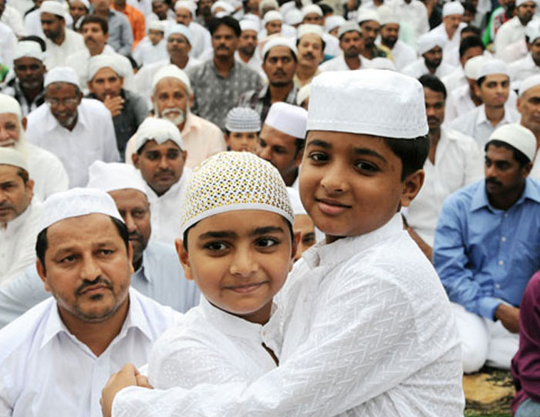Bengaluru, Sep 4: Even though Muslims in coastal Karnataka will celebrated Eid-ul-Adha on September 12 along with Keralites, in other parts of Karnataka the festival of sacrifice will be observed on the next day.

Bakrid, the Muslim festival of sacrifice, will be celebrated on September 13 across Karnataka, excluding the coastal region.
The crescent moon of Dhul-Hijjah was not sighted on Friday in any parts of Karnataka. Hence, the religious heads across the state (excluding three coastal districts of Dakshina Kannada, Udupi and Uttara Kannada) declared Sunday as the first day of the last month of the Islamic calendar.
Accordingly, Eid-ul-Adha or Bakrid which is celebrated on the 10th day, will fall on September 13, the Karnataka Moon Sighting Committee said. The committee held a meeting at the office of the Karnataka State Board of Wakfs.
The Karnataka government has subsequently declared a holiday for all its offices, schools, colleges and other establishments on September 13.
The holiday declared for September 12 stands withdrawn. September 12 will be a regular working day. However, in coastal districts, the Deputy Commissioners have been authorized to take a call on public holiday.
Also Read: Muslims in Mangaluru, Udupi, Kerala to observe Eid-ul-Adha on Sept 12







Comments
Bannuru Kuri Ready for Kurubani,
Add new comment